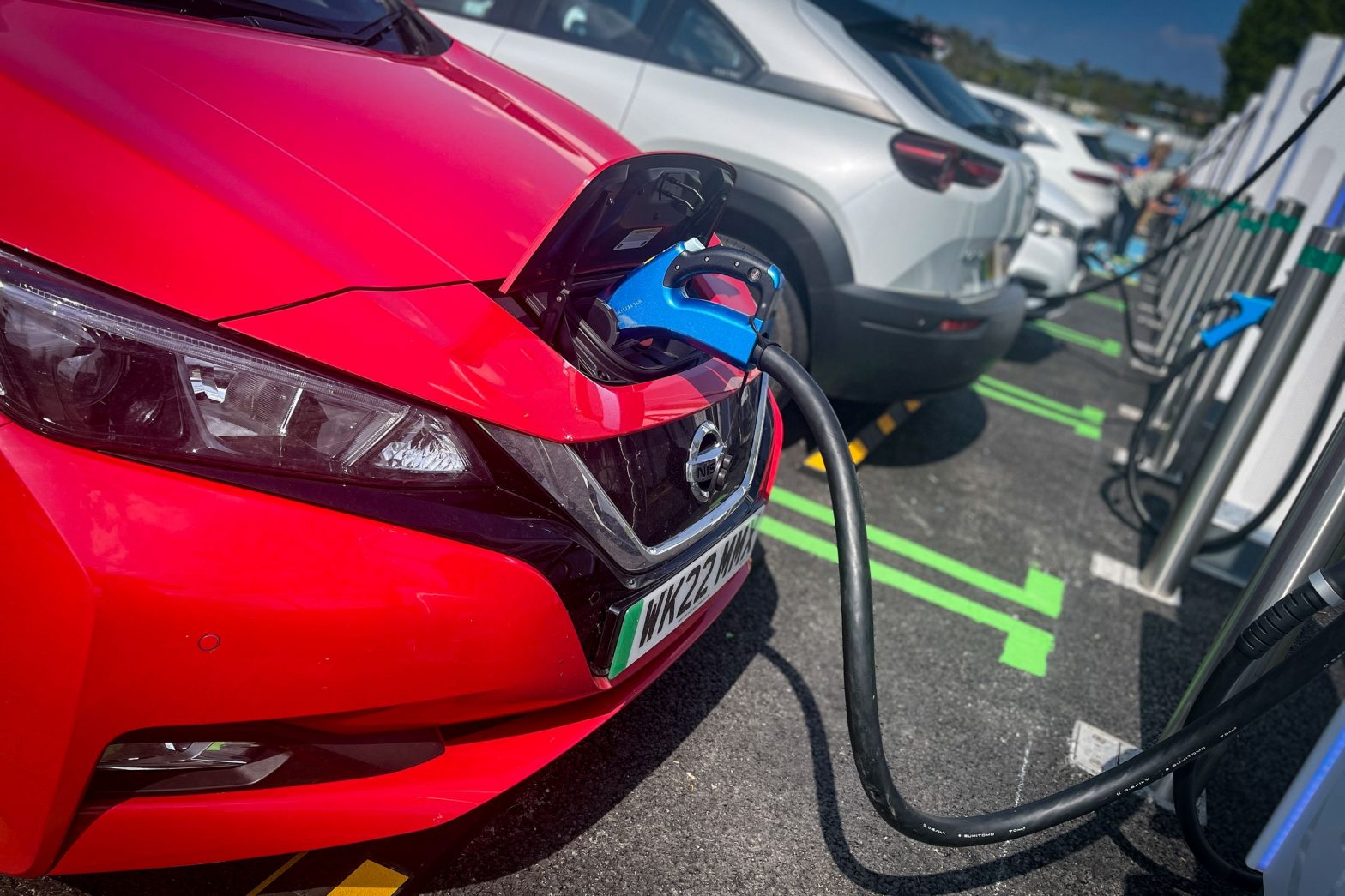/
The EU is the world’s largest trading bloc and home to key automakers including Volkswagen and Mercedes-Benz Group.
:format(webp)/cdn.vox-cdn.com/uploads/chorus_asset/file/24432109/1393665279.jpg)
The European Parliament has given its formal approval to new vehicle emissions standards that would effectively ban the widespread sale of combustion engine cars and vans in the 27-country bloc by 2035, the organization announced today. Three hundred forty members voted in favor of the rules, versus 279 against, and 21 abstained. An initial agreement on the new rules was reached last October, which calls for all cars and vans sold in the EU to emit zero CO2 emissions by the middle of next decade.
The rules still have a couple more stages to go through before becoming law. They need to be formally endorsed by the Council of the EU and be published in the EU Official Journal. But Reuters notes that final approval is expected to be given by March, meaning the world’s largest trading bloc and home to key automakers including Volkswagen, BMW, and Mercedes-Benz will soon officially be on track to almost completely phase out vehicles powered by combustion engines.
The proposed rules are part of the EU’s “Fit for 55” project, which aims to reduce emissions across the bloc by 55 percent by 2030. Bloomberg notes that road transport currently accounts for around one-fifth of the EU’s emissions, meaning that reducing it will be key if the bloc wants to become carbon neutral by 2050.
The EU rules also call for a reduction in car emissions by 55 percent by 2030 compared to 2021 levels, which is greater than the 37.5 percent reduction that Reuters notes was previously planned. There are, however, exemptions for manufacturers producing fewer than 10,000 cars or 22,000 vans annually. Similar plans have also been announced for trucks and buses that call for their emissions to be reduced by 90 percent by 2040, Bloomberg reports.
“These targets create clarity for the car industry and stimulate innovation and investments for car manufacturers,” said Dutch politician Jan Huitema, who negotiated on behalf of the European Parliament in writing the deal. “Purchasing and driving zero-emission cars will become cheaper for consumers and a second-hand market will emerge more quickly. It makes sustainable driving accessible to everyone.”
The EU’s deadline is similar to plans announced by other governments around the world. In 2020, the UK, fresh from exiting the EU, announced plans to ban the sale of new non-electric cars by 2030 and new hybrid cars by 2035. California, which is one of the largest auto markets in the world, has similar plans to ban the sale of new gas engine vehicles by 2035, and lawmakers in some other US states have expressed an interest in following in California’s footsteps.
